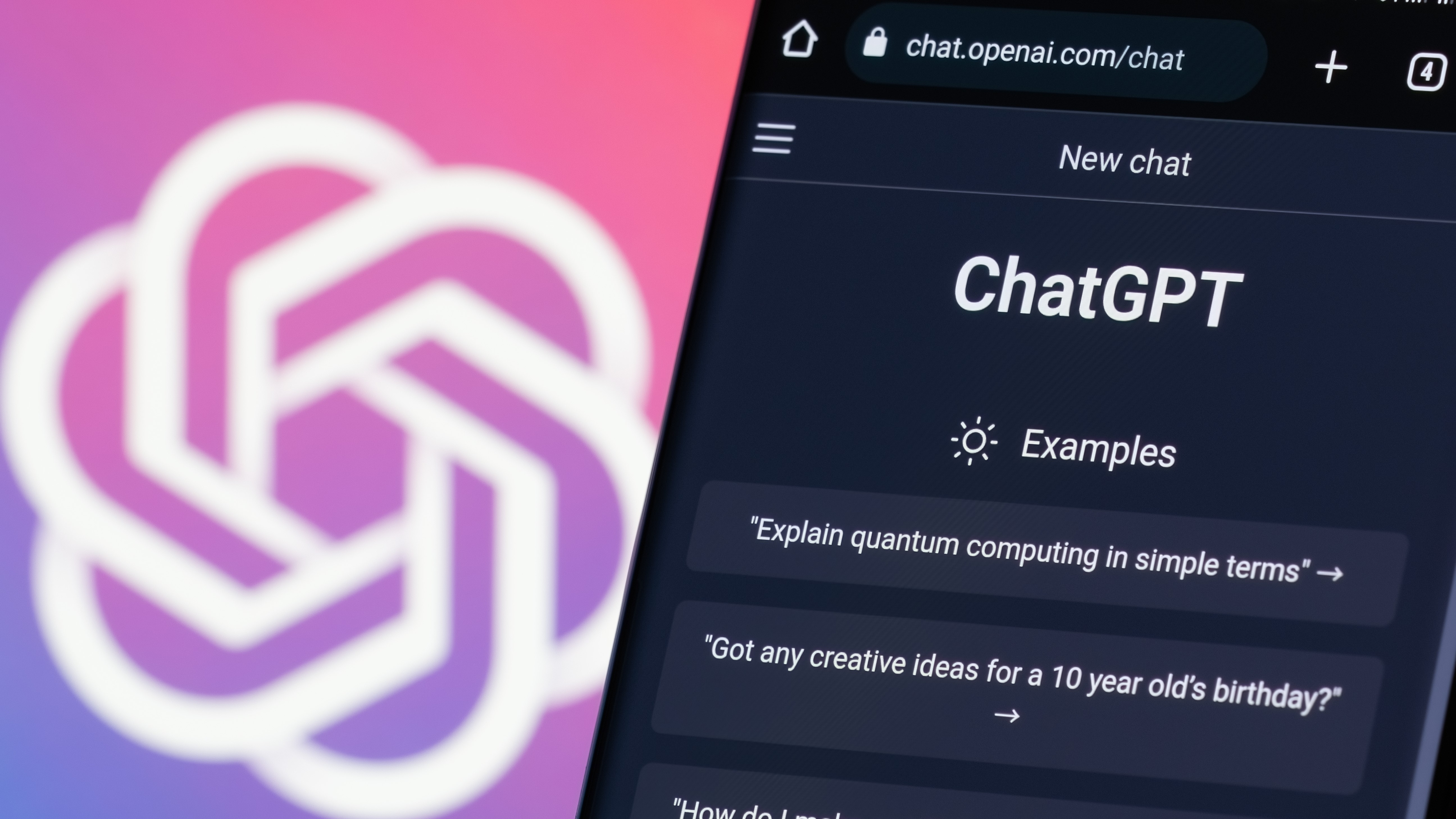OpenAI may be working on AI that can perform research without human help – which should go fine
The 'Strawberry' project isn't ripe yet, but the seeds are planted

Sign up for breaking news, reviews, opinion, top tech deals, and more.
You are now subscribed
Your newsletter sign-up was successful
OpenAI is developing a new project to enhance its AI models' reasoning capabilities, called “Strawberry,” according to documents first discovered by Reuters. The project is a key element in the efforts by OpenAI to achieve more powerful AI models capable of operating on their own when it comes to performing research.
According to the internal documents Reuters looked at, Strawberry is aimed at building an AI that will not only answer questions but search around online and perform follow-up research on its own. This so-called “deep research” trick would be a major leap beyond current AI models that rely on existing data sets and respond in ways that are already programmed.
There aren't details on the exact mechanisms of Strawberry, but apparently, it involves AI models using a specialized processing method after training on extensive datasets. This innovative approach could potentially set a new standard in AI development. An AI that can think ahead and perform research on its own to understand the world is much closer to a human than anything ChatGPT or other tools using AI models offer. It's a challenging goal that has eluded AI developers to date, despite numerous advancements in the field.
Reuters reported that Strawberry, which was then known as Q*, had made some breakthroughs. There were demonstrations where viewers witnessed AI could tackle science and math problems beyond the range of commercial models, and apparently, OpenAI had tested AI models that scored over 90% on a championship-level math problem data set.
Think Ahead
Should OpenAI achieve its goals, the reasoning capabilities could transform scientific research and everyday problem-solving. It could help plug holes in scientific knowledge by looking for gaps and even offering up hypotheses to fill them. This would vastly accelerate the pace of discovery in various domains.
If successful, Strawberry could mark a pivotal moment in AI research, bringing us closer to truly autonomous AI systems capable of conducting independent research and offering more sophisticated reasoning. Strawberry is, it seems, part and parcel of OpenAI’s long-term plans to demonstrate and enhance the potential of its AI models.
Even after GPT-3 and GPT-4 set new benchmarks for language processing and generation, there's a big leap to autonomous reasoning and deep research. But, it fits with other work on the road to artificial general intelligence (AGI), including the recent development of an internal scale for charting the progress of large language models.
Sign up for breaking news, reviews, opinion, top tech deals, and more.
You might also like...

Eric Hal Schwartz is a freelance writer for TechRadar with more than 15 years of experience covering the intersection of the world and technology. For the last five years, he served as head writer for Voicebot.ai and was on the leading edge of reporting on generative AI and large language models. He's since become an expert on the products of generative AI models, such as OpenAI’s ChatGPT, Anthropic’s Claude, Google Gemini, and every other synthetic media tool. His experience runs the gamut of media, including print, digital, broadcast, and live events. Now, he's continuing to tell the stories people want and need to hear about the rapidly evolving AI space and its impact on their lives. Eric is based in New York City.